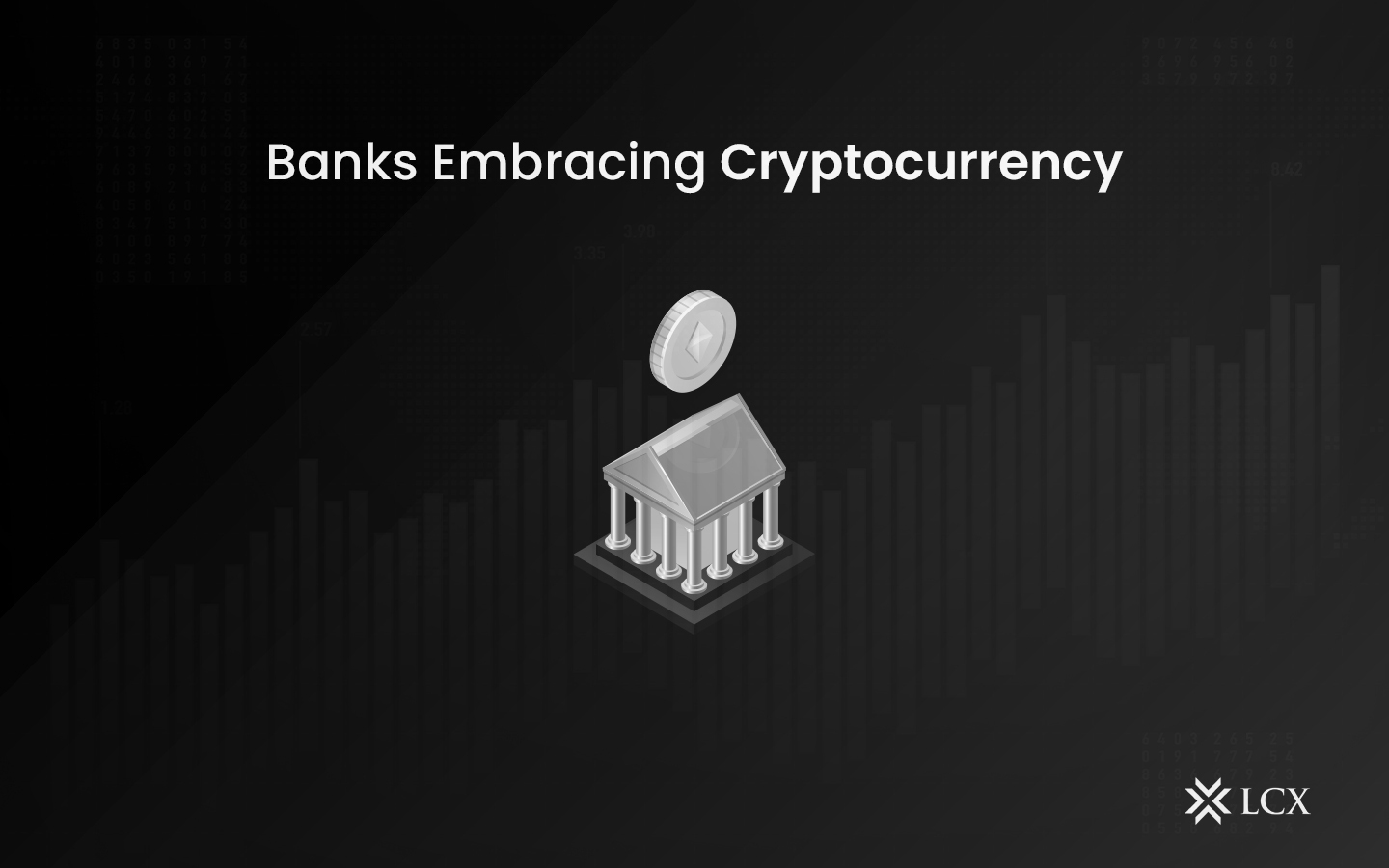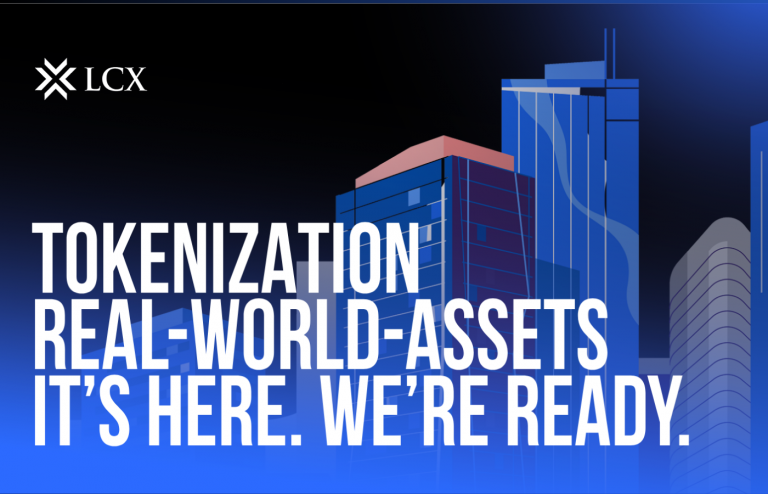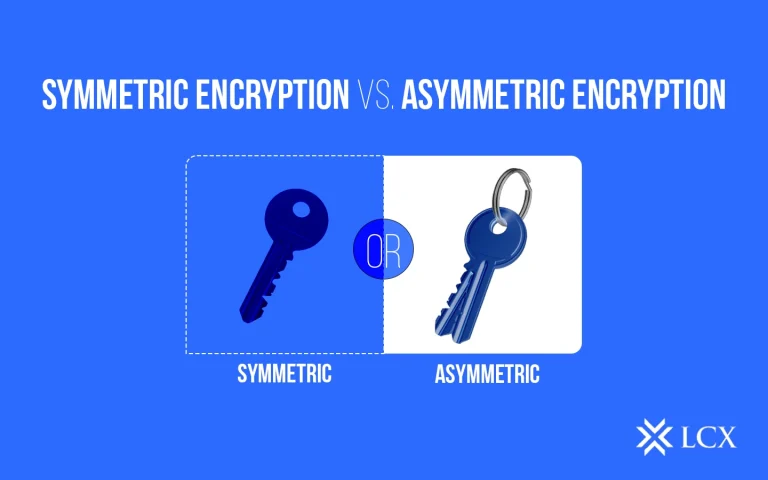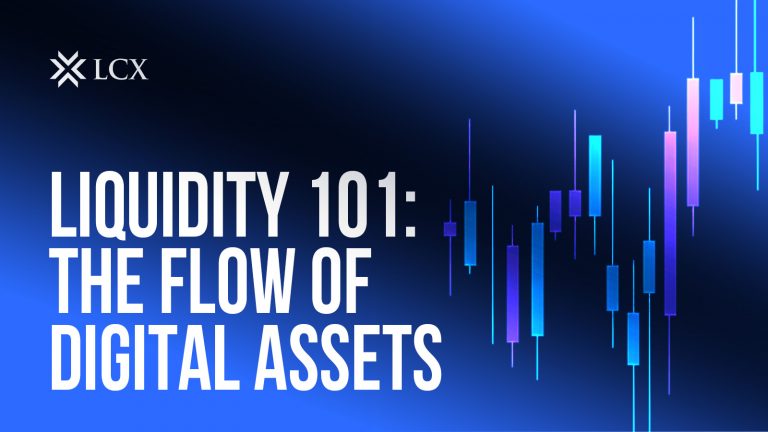When New York regulators were looking into ways to control Bitcoin in 2014, executives at Wall Street’s biggest banks were concerned that regulating cryptocurrencies would also legitimize them, posing a threat to the finance industry. As a result, they attempted to sow doubt.
But with the potential and acceptance of Bitcoin, in 2015, the New York Department of Financial Services began issuing licenses to Bitcoin businesses. Bitcoin now has over 75 million users, up from about 3 million people 7 years ago, and the number of digital currencies has skyrocketed. As per a report, 220 million people worldwide use cryptocurrencies.
The banking industry is now attempting to catch up. Banks would like to compete and profit in this new world. Their strategy consists of two parts: going to experiment with cryptocurrency offerings and pushing regulators to create rules that benefit banks. Some wealthy clients are being offered cryptocurrency investments. Others are considering Bitcoin trading desks. In 2019, JPMorgan even launched its own digital currency.
Instead of cautioning regulators about cryptocurrencies, banking industry representatives are now complaining that regulators have not acted quickly enough, costing banks precious time in their mission to compete.
Their initial skepticism, however, has cost them time. Around the traditional banking industry, a new financial world is emerging. Credit cards and loans are being offered by cryptocurrency start-ups. People and businesses all over the world are rapidly adopting digital currencies. Governments are also getting involved. El Salvador announced that it will accept Bitcoin as legal tender. And, following in the footsteps of other central banks around the world, the Federal Reserve is considering launching its own digital currency.
There are some top banks who have invested in Cryptocurrency, let’s have a look.
Standard Chartered
Ripple, a blockchain network, is among the bank’s investments. XRP is currently one of the market’s most valuable cryptocurrencies. The bank recognizes that cryptocurrencies have developed a fresh ecosystem that fiat currencies cannot replace. Standard Chartered PLC’s venture divisions, which are also part of universally systemically significant banks, revealed the existence of a cryptocurrency custodian in July 2020.
JP Morgan
JP Morgan has prioritized the development of digital blockchain assets. When the company was founded, its onyx division had been under construction for 5 years and employed over 100 people. The JPM coin, a bank token, and link, a blockchain-based interbank payment network, are the division’s main products. Previously, the crypto was skeptical of digital currencies, but JP Morgan and the group gradually planned on trusted digital currencies for the benefit of their clients.
JP Morgan is now the first bank to create an existence in the metaverse, predicting a $1 trillion market opportunity. virtual property.
Barclays
Barclays is not your average bank; it is one of the best in terms of investment, and it has revealed cryptocurrencies and their ability. According to Barclays, Bitcoin has a high potential for offering benefits from distribution and extreme volatility.
Goldman Sachs
Goldman Sachs wasn’t always enthusiastic about cryptocurrency. It initially denied taking cryptocurrencies as an asset class, but later changed its mind. Its new report interviewed several crypto and finance experts to discuss the power of digital currencies as an institutional asset class in depth.
This shows that the acceptance of crypto and the benefits related to it is being released by banks and late but they are embracing cryptocurrency. Even though crypto doesn’t bring in substantial revenues for banks, they want to burn the bridge between them and the crypto world.









